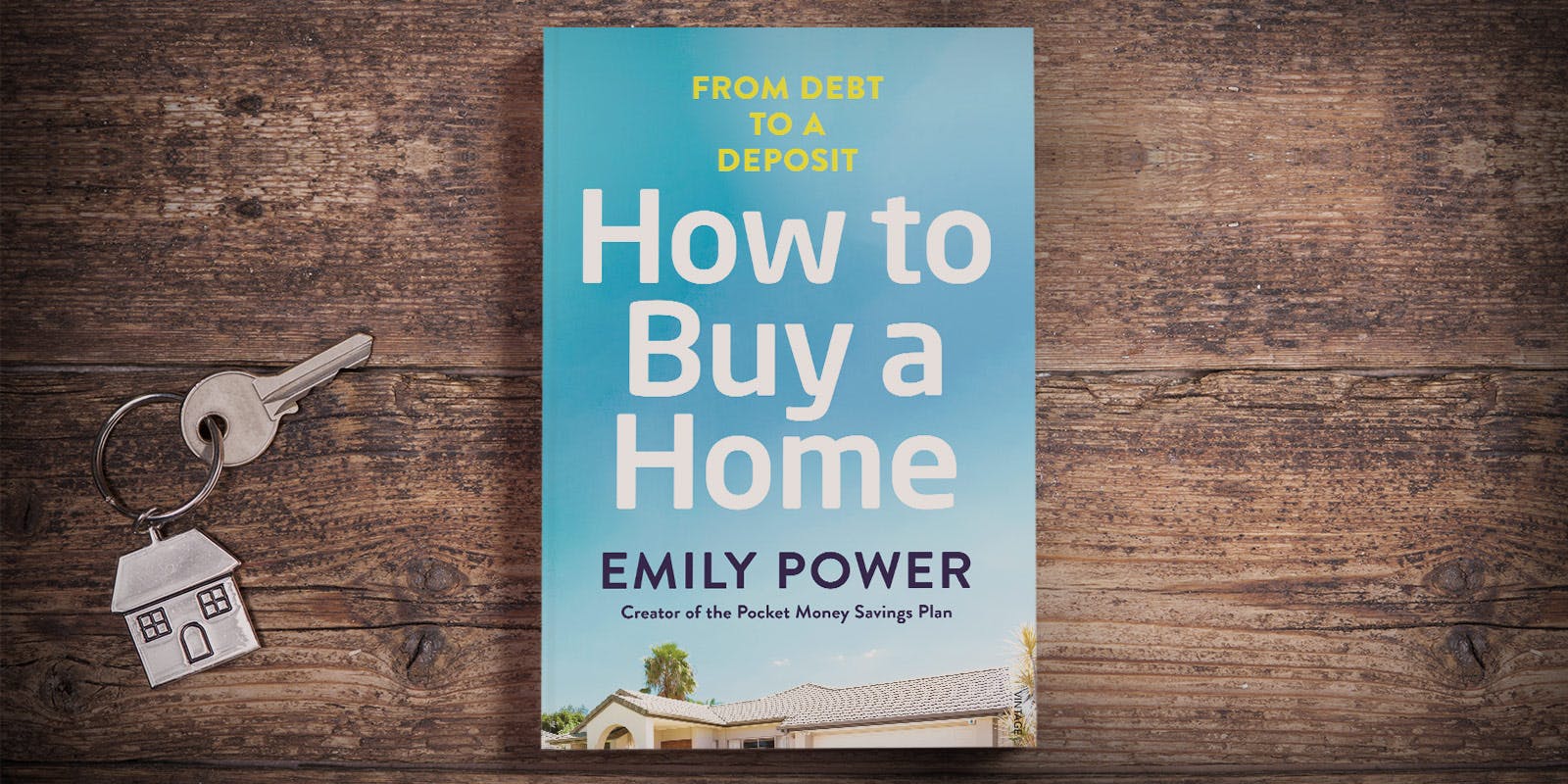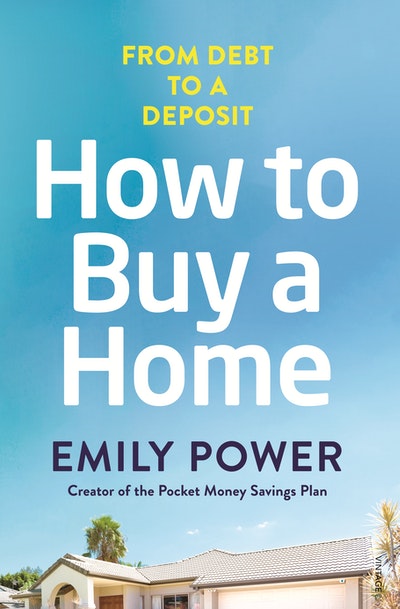Future home-buyer Emily Power offers tips on living within your means.
When Emily Power decided home-ownership was a missing piece of her life’s puzzle, she knew there were a few hurdles to negotiate before realising the dream. For a start, she had no money. Worse, she had hefty credit card debts. And, as a fashion editor on a modest salary, she was used to living well outside of her means. With median house prices growing northward of $1 million in Australian cities, saving a deposit seemed about as likely as travelling to the moon.
Hope was in short supply. But Power’s dream wouldn’t budge, so she started digging for solutions. Wiping debt was the first step. Deep down, she knew she could not be trusted to cut spending alone, so she handed control of her bank accounts over to her parents – rationing her ‘wriggle room money’ to $200 a week. And when she publically outed this Pocket Money Savings Plan, in an article for Domain, the response was overwhelming.
Inadvertently, Power had started a national debate about breaking into the property market. Bolstered by the realisation that she was by no means alone in her seemingly impossible quest, she kept searching for answers to wiping debt, living on a budget, saving with purpose, and the basics of the property market. How to Buy a Home details all she learned on the path to home-ownership. In the passage below she offers tips on getting real about your weekly outgoings.
How much can you subsist on? Subsistence is the key. Reduce your life to the basics: food, transport, shelter. The Pocket Money Savings Plan doesn’t hinge on putting aside a set percentage of your salary, but on making a commitment to live on the essentials.
Research from Bankwest shows that, on average, most Australian couples take four years to save a deposit – and in some capital cities, like Sydney, up to eight years – and that seems an impossibly long time to stay stingy. Sacrifice is the devil of discipline. Allocate a little for enjoyment – a glass of wine with friends, a takeaway dinner on a tired Friday night, a movie with your partner. Some simple pleasures will help to keep you on track for the long term.
There are guaranteed to be parts of your life where money is trickling through your fingers. Financial planner Kane Jiang says, ‘Identify where the “leaks” are on paper. You would be amazed at how much you can save by removing the following items from your budget.’ This is his hit list:
Cigarettes, one pack a day = $4500 per year
Beer, one pint a day = $3500 per year
Coffee, one cup a day = $1500 per year
Cinema once a week, per couple = $1500 per year
Dining out twice a week, per couple = $5000 per year
Annual overseas holiday = about $5000 per year
Total amount saved by giving up these things in a year = $20,000-plus.
Financial planners will drill down into your spending, like this, and suggest small but meaningful changes. In my experience, it is these little amounts – otherwise spent on movies, coffee and alcohol – that turbocharge savings. It’s a well-worn mantra, but consider making a 12-month commitment to waiving six regular things you enjoy doing, and watch your savings balloon. If you do this, you can ignore what the baby boomers say about giving up café brunches; you will be able to have these occasionally, without guilt or too great an impact on your hip pocket.













